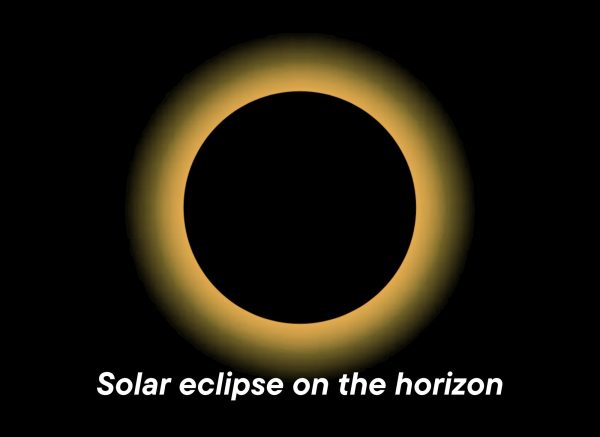Eastern opts not to join Napster ban
Napster’s plans to start charging monthly subscription fees to users does not phase Eastern students who enjoy one of the few campuses in the state that still allow Napster to be accessed on university Internet connections.
“I would have no problem paying a monthly fee for Napster,” said Colleen Murphy, a freshman special education major. “Whatever they may charge probably won’t compare to the cost of CDs in regular stores.”
Chris Stob, a junior marketing major, said, “If I have the money for it, I’ll pay for it because I like to use Napster to get songs that aren’t out yet or remixes that you can’t get anywhere else.”
Internet music business Napster Inc. plans to start charging subscription fees by June or July of this year, according to the associated press.
Napster is an online user service which allows users to share music, such as MP3 files, and download them to their personal computers free of charge.
Napster currently is being sued by various record labels and bands, most notably Metallica, over copyright infringement.
Eastern has allowed students to use the Web site Napster while other state universities have banned it for legal and technical reasons.
“The only reason we would get involved with banning Napster on campus connections is if the Internet traffic got too crowded and caused problems,” said Bill Witsman, associate vice president for information technology services.
“I don’t think the traffic has been a problem on our network so far, and the legal matters of Napster have not been an issue on our campus to date,” Witsman said.
James Bradford, associate vice president for technology at Western Illinois University, said one reason for blocking Napster would be network traffic, but WIU banned Napster this past fall for another reason.
“A number of universities, especially on the West coast, have faced legal action for facilitating students accessing the site because the site is under litigation for copyright infringement,” Bradford said.
The ban will be lifted when a precedence has been set in the current litigation to determine if a university will be liable in this case, Bradford said.
“I don’t want to risk the students’ money, which should be used for facilities and education, so that some students can access a Web site for purely recreational purposes,” Bradford said.
Witsman said Eastern should be protected under the The Digital Millennium Copyright Act that protects public universities from certain suits.
The act restricts the university from viewing campus e-mail and Web sites but requires the university to take action on illegal activity.
The only other two reasons Witsman said a site would be banned at Eastern is if a student was running a dot com business with university connections, which is against university policy, and if illegal, abusive or offensive activity was being conducted.
The university does not go and look for such activity, but if complaints were made, action would be taken, he said.
The use of Napster is banned at the University of Illinois in Champaign.
“Basically for us, it is a resource issue,” said Pete Siegel, campus chief information officer. “Napster uses a large percentage of network capability, and it interferes with other more important operations.”
Siegel said when the Web site was not banned, there were a lot of problems with teaching and library resources related to the Internet.
In addition, Illinois State University has banned Napster on its campus connections since last February, according to its Web site.
The banning of Napster at ISU was strictly because of of bandwidth consumption and not copyright or content issues, according to the ISU Web site.
In the past, colleges and universities had been directly pressured by the Napster lawsuit to ban the use of Napster on campus, according to an article by CNET News.com.
In Metallica’s first version of the lawsuit, filed last April, Indiana University, the University of Southern California and Yale University were named as defendants because they had allowed their students to download music using high-speed university Internet connections, the article said.
All three universities then blocked Napster on computers using university connections and Metallica dropped them from the suit.
The most recent development in the almost year-long court battle with Napster occurred Jan. 25 when TVT records, home to acts like rapper Snoop Dog, dropped an estimated $1.5 billion copyright lawsuit against Napster.
“I am afraid that copyright owners’ resistance to finding workable solutions with Internet music providers may result in consumers, artists and the industry itself being harmed,” said Steve Gottlieb, president and founder of TVT, in a Napster press release.
The record label has since offered its support to Napster’s new membership-based business model evolving under the alliance with Bertelsman AG, parent company of BMG Music, who also is still currently suing Napster.
Bertelsmann, who has invested up to $70 million in Napster, has asked other record companies to join the alliance, but Edel Music of Germany is the only one to join the alliance to date.














































